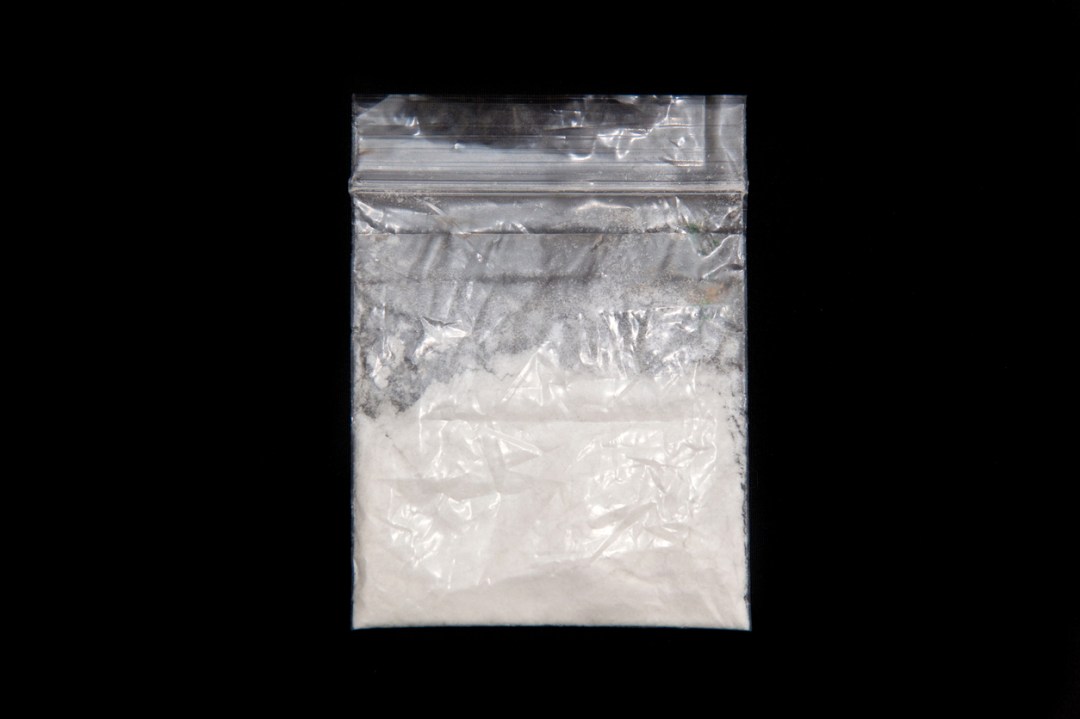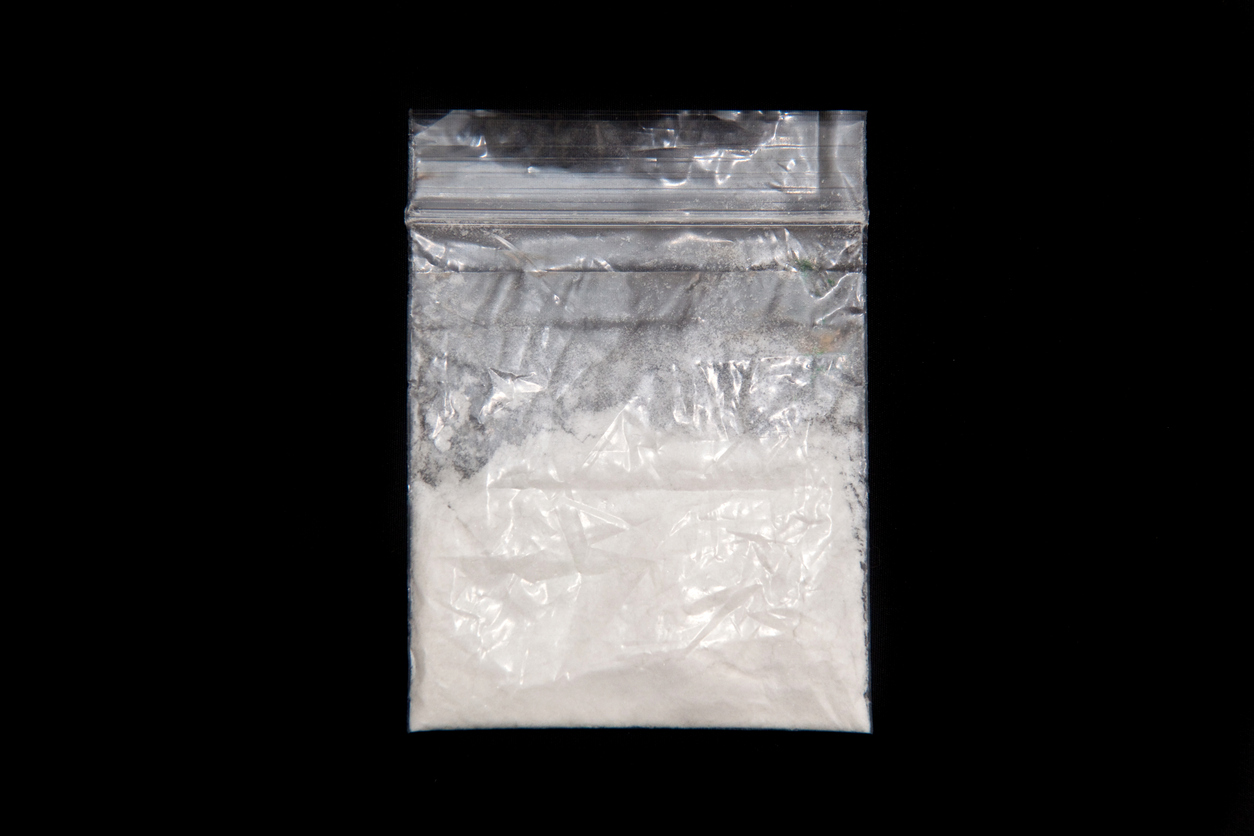Love or loathe Danny Dyer, hard-man hooligan of Football Factory, EastEnders bod and breakout Rivals star, but he does talk sense. The kind of straight-up, geezer sense you can only get down the pub, a locale to which he is no stranger. In the promotional press for his latest film, Marching Powder, Dyer, when pressed on the not-so-euphemistic title of the film, had the following to say on cocaine: ‘I’ve got that social butterfly thing where I mix in both circles and believe me, everyone’s fucking at it […] it’s classless actually, that drug.’
To some of us, this may seem obvious. In my decade of active addiction, I obtained and recreationally ‘enjoyed’ the drug with anyone from builders to baronets. Whether or not they ‘enjoyed’ me talking absolute bollocks until five in the morning is another matter; I like to think that we all got what we came for. This was during the early 2000s, and coke was easily available in London for relatively little money (that I didn’t have, but grateful thanks to my Barclays overdraft facility). As a posh bad girl, I didn’t consult Debrett’s to see what kind of drug it befitted me to take – I just wanted to drink more without collapsing. Now that’s posh.
But cocaine has long had a peculiar class problem. From around 2018 onwards, government pronouncements on cocaine targeted middle-class yuppies as irresponsible, ‘champagne socialists’, according to the then-Metropolitan Police commissioner, Cressida Dick: ‘There is a group of people who worry about global warming and fair trade […] but think there is no harm in taking a bit of cocaine.’ Mayor of London Sadiq Khan was quick to follow up, taking aim at ‘middle-class Londoners’ who considered cocaine use a ‘victimless crime’.
This association between cocaine and the careless north London yuppie was caused partly because social scourges need identifiable scapegoats in the national media. But it exists also because it suited the government to overlook the radical transformation that cocaine was undergoing – both in class and generation – making it far more widespread than Conservative politicians such as Priti Patel wanted to admit. Other class- and wealth-driven associations stuck to cocaine in enduring ways. Cocaine was glamourised in the hard-partying, It-Girl nineties by models like Kate Moss and Naomi Campbell, leaving its traces all over wealth and femininity. This was at a time when feminism co-opted alcohol and drug use as part of the ‘having-it-all culture’ that was splashed across the burgeoning internet.
My assumptions about booze and drugs, after well over a decade in the shadow republic of a Twelve Step Fellowship, have evolved
These days, cocaine is neither exclusively for the posh nor the proles, men nor women, the rich nor poor, the young nor old. In a radical, slow-burn brand transformation – of the type that politicians can only dream of – it is for all. According to a BBC report a few years ago, ‘cocaine use is spread across different income groups, with some parts of the country more likely to take the drug than those on higher incomes’, or, to put it more bluntly: ‘Overall, a greater number of cocaine users fall into categories that could be described as “just about managing” rather than “middle-class comfort”.’ Office for National Statistics data detailing drug misuse in England and Wales in 2024 also reveals that the use of cocaine in the 55-59 age bracket is on the rise, blowing other assumptions about cocaine use and youth apart.
It’s not all Goldman’s bankers indulging in a few lines after the deal has closed or Eurotrash in Knightsbridge wiping the top of the loo – it might just as well be a nan on a council estate teeing up some lines before tea. Addiction expert Ian Hamilton from the University of York encourages a reframing of the issue even if it simply flips the class narrative: ‘Cocaine is a working-class narcotic; anecdotally I hear of all sorts of people using it – builders, plumbers, joiners, whoever.’ For confirmation of the alleged democratisation of cocaine, I ask the barmaid at my local village pub whether it’s a problem. ‘It’s the tradies, really,’ she says, sighing. ‘We can’t wipe the bathroom down quick enough after 3 p.m.’ I duly hiss at my seven-year-old to wait until we get home to have a pee.
Sober for over 15 years, I have fallen off the graph. The last time I chugged a glass of wine or rang a dealer was in 2010. But it occurs to me that my assumptions about booze and drugs, after well over a decade in the shadow republic of a Twelve Step Fellowship, have evolved. Hard drugs are now that very rare thing in this country: entirely classless. Addiction doesn’t discriminate, after all. What or whom else can we reasonably say this about? Danny Dyer, of course. From Human Traffic to Albert Square to Rivals and back again, he has become that most pervasive, heady thing of all: a national treasure.







Comments